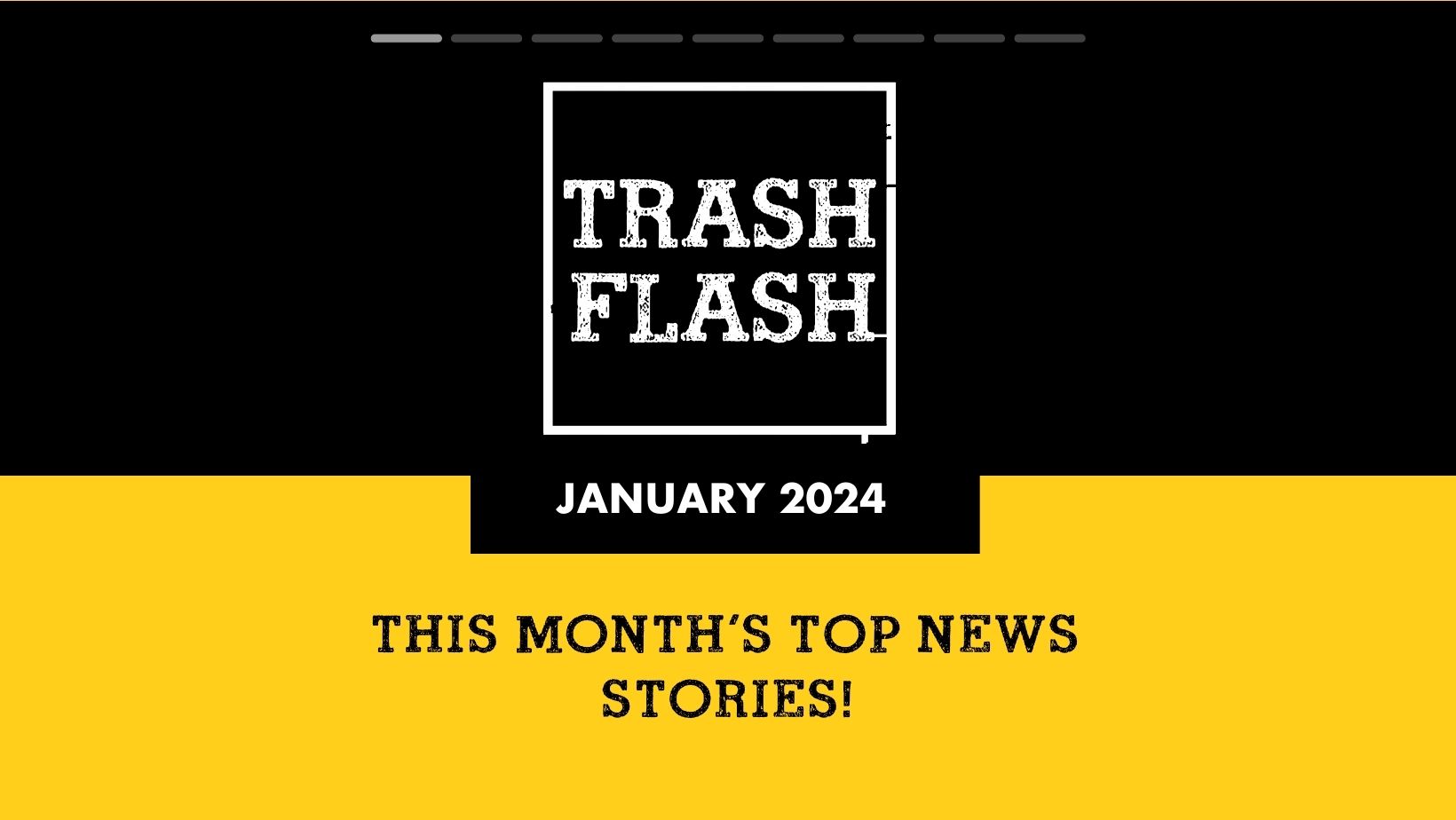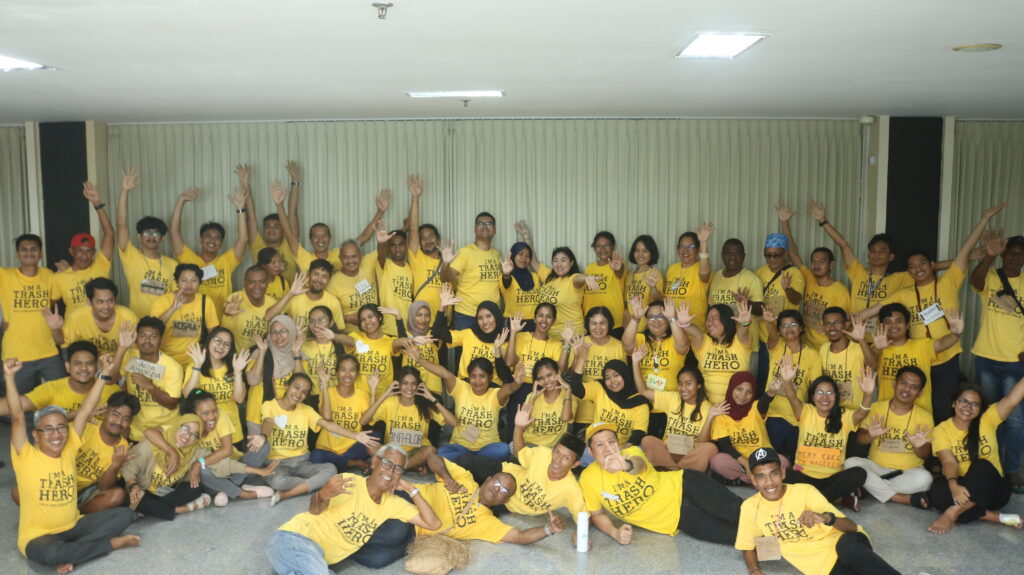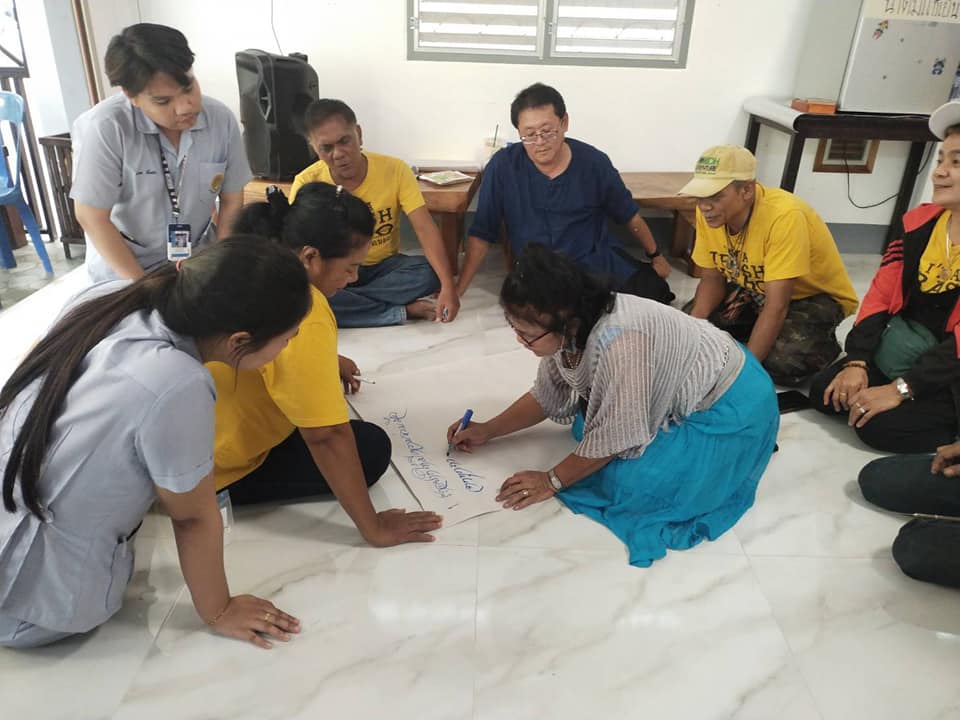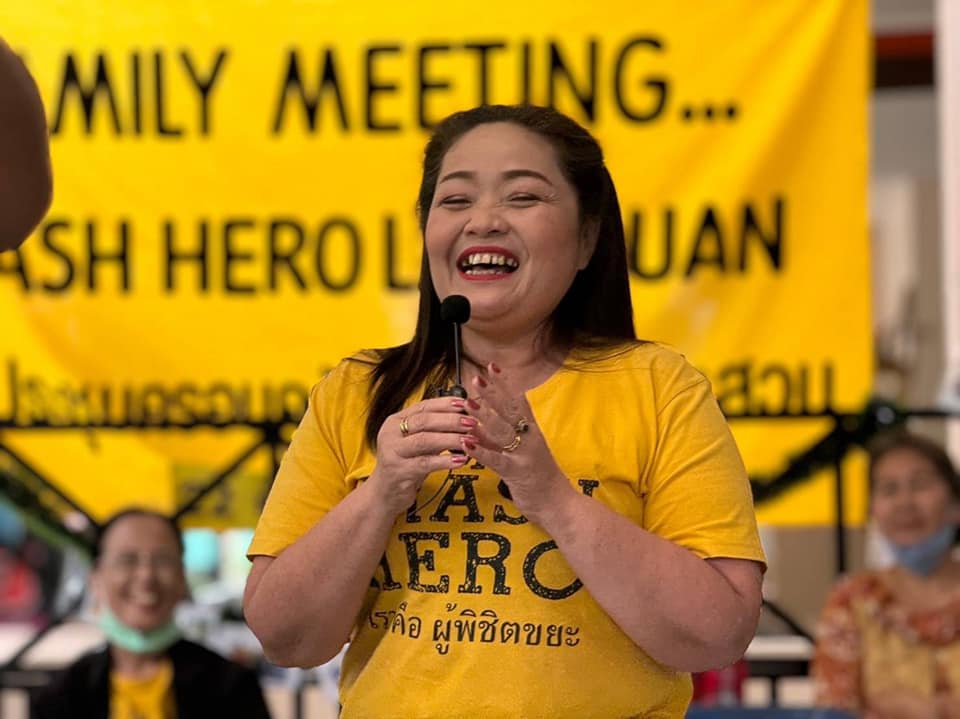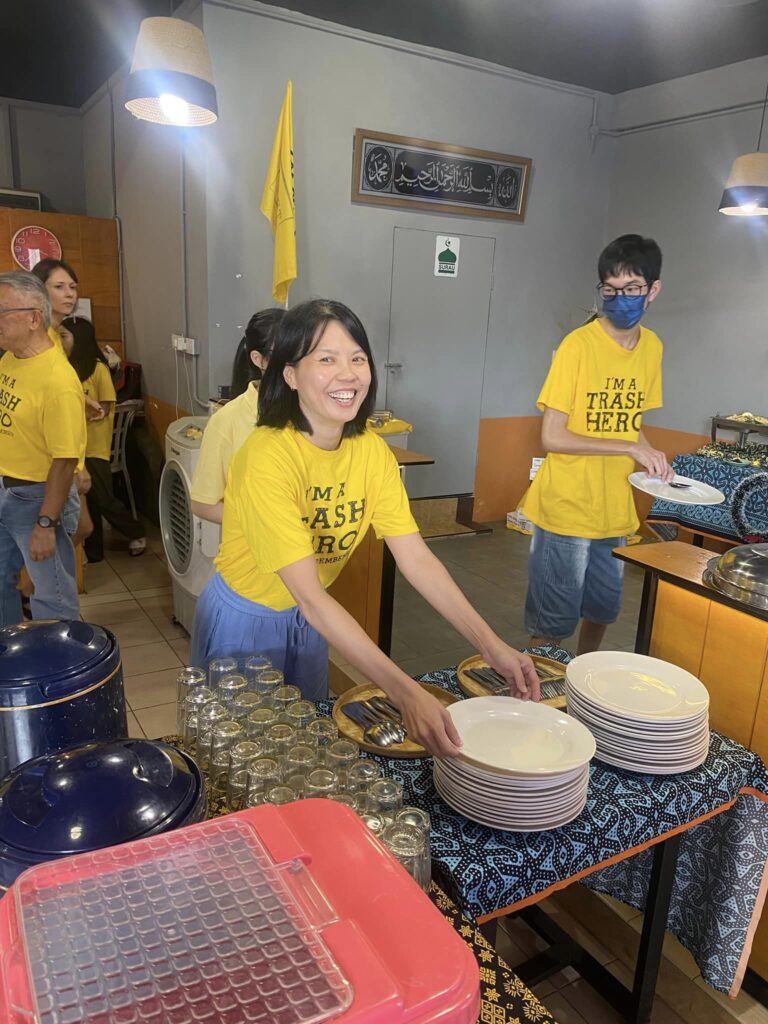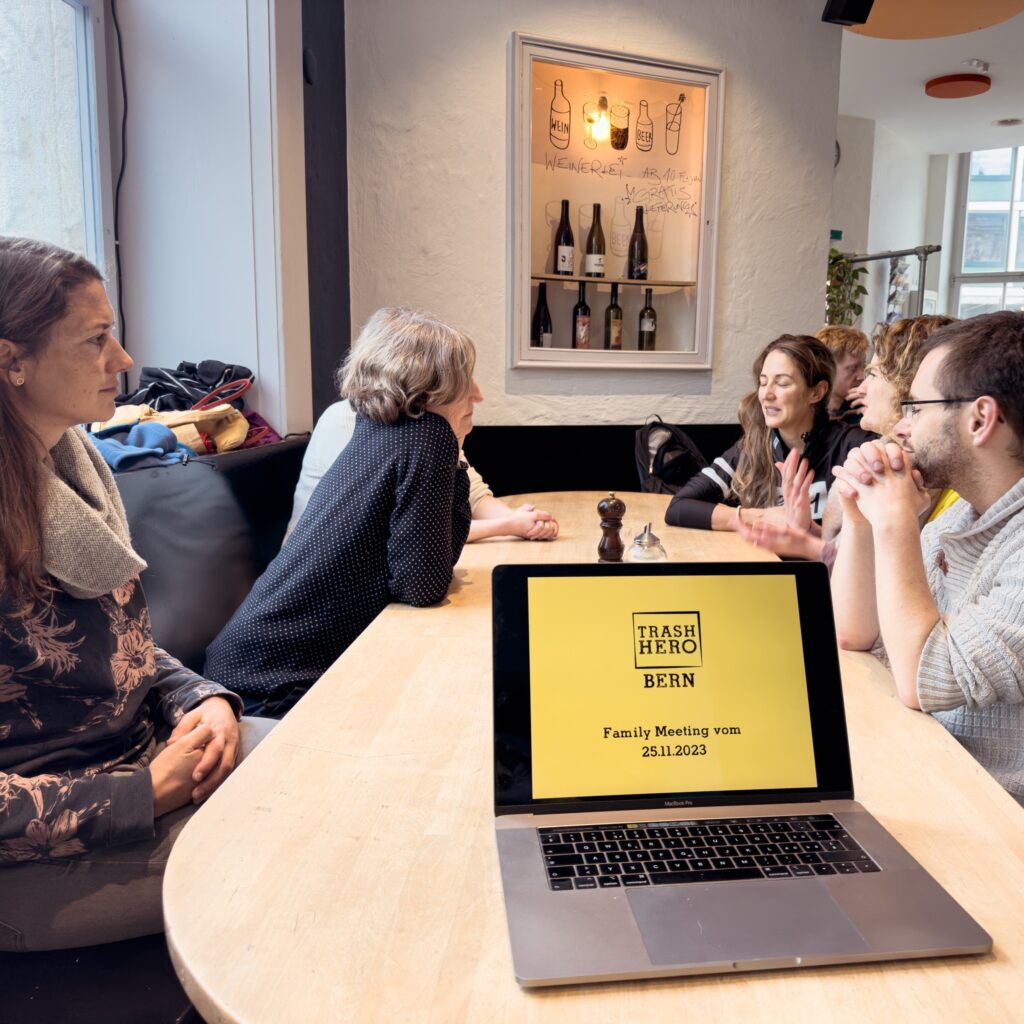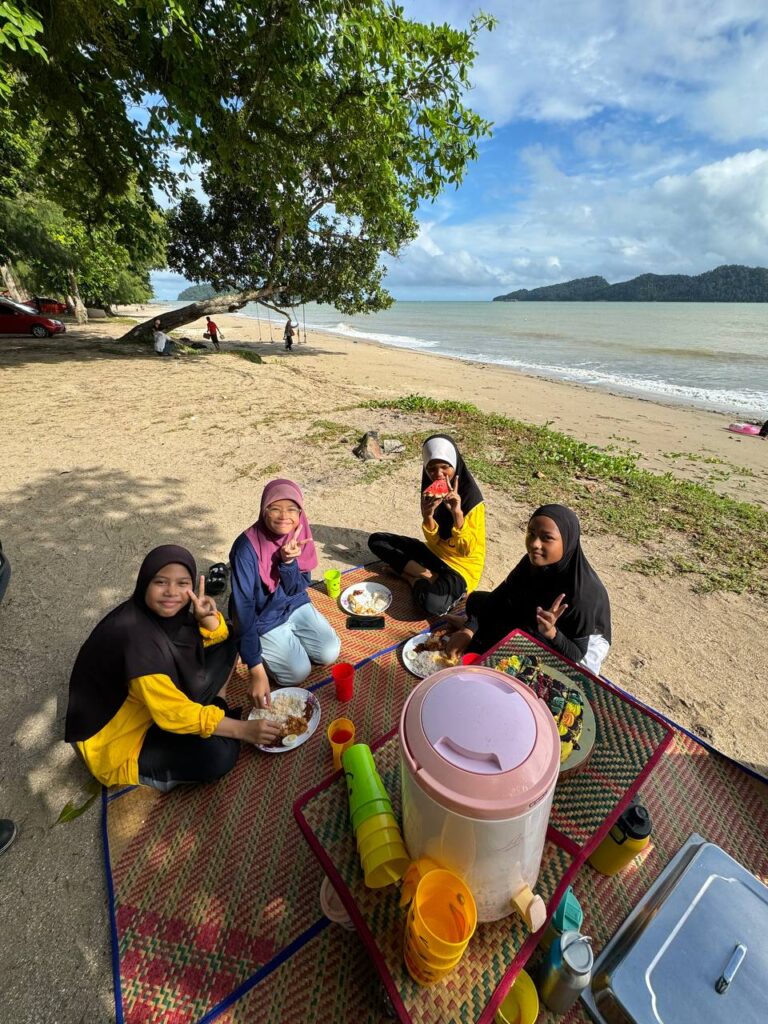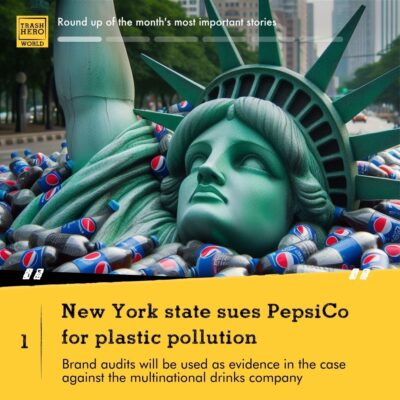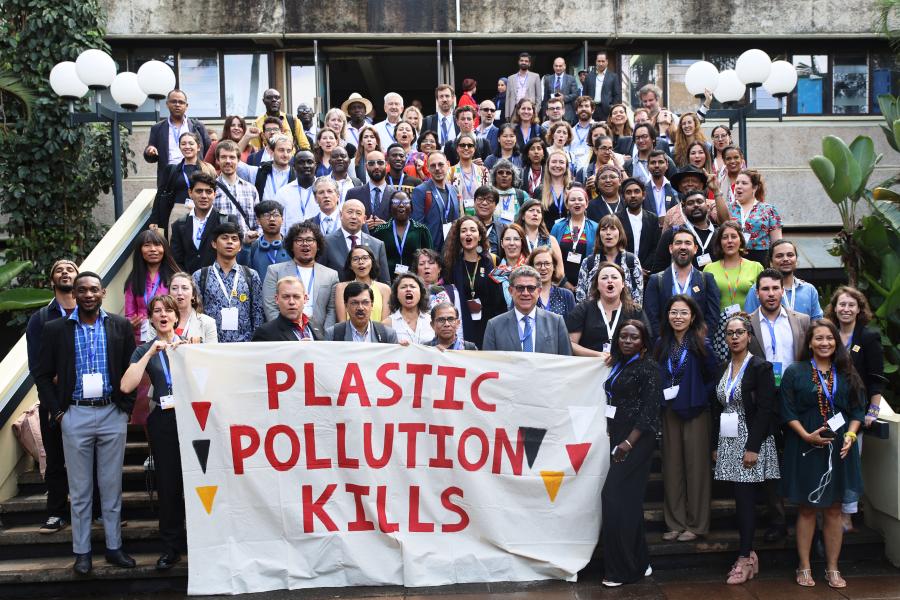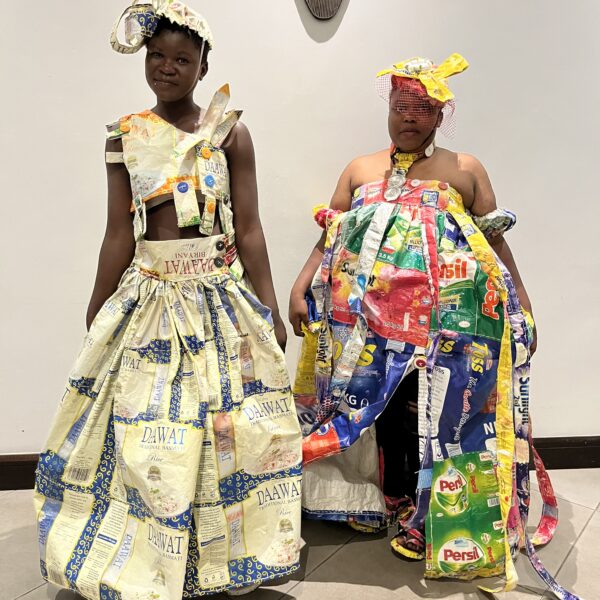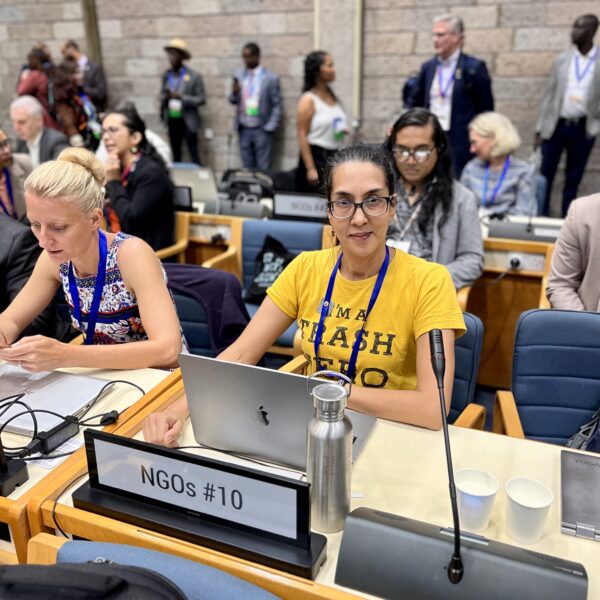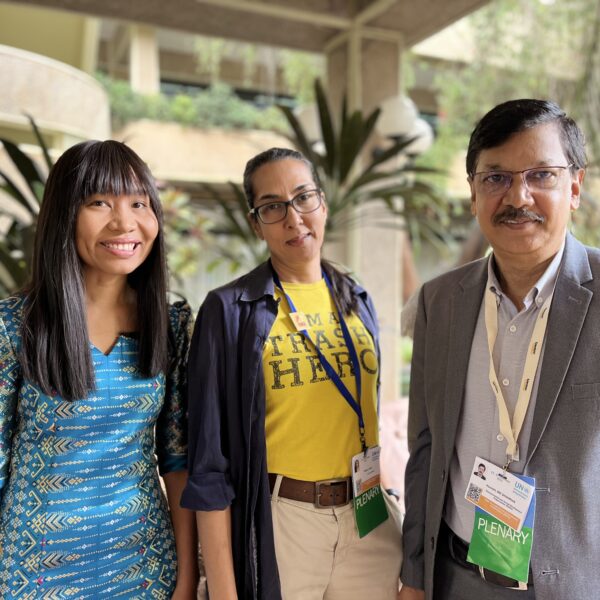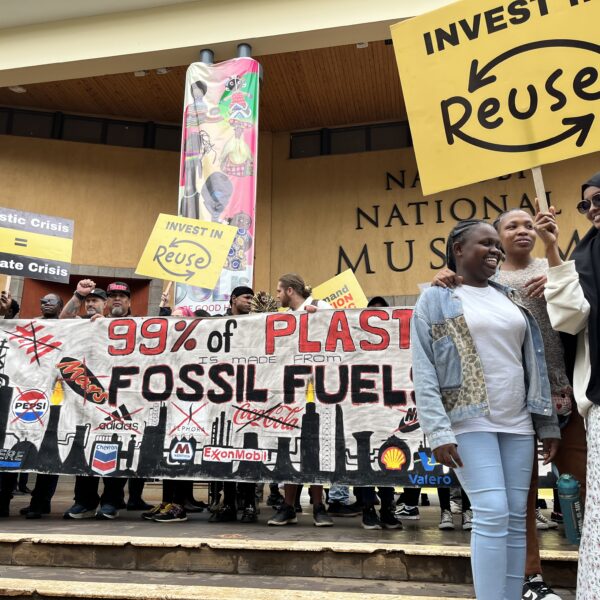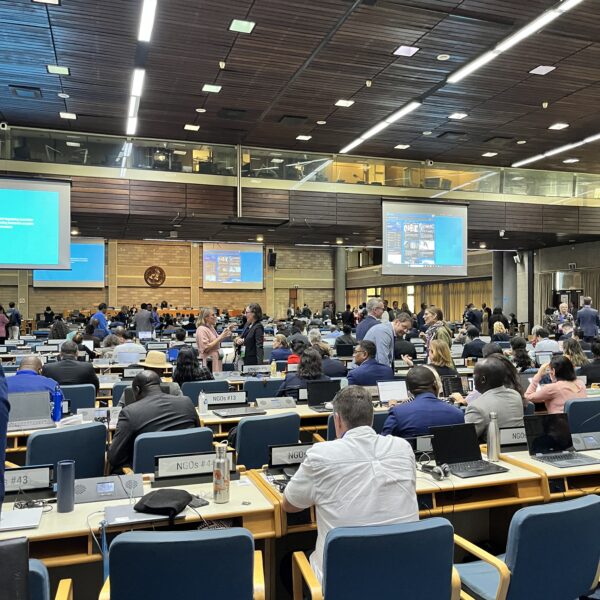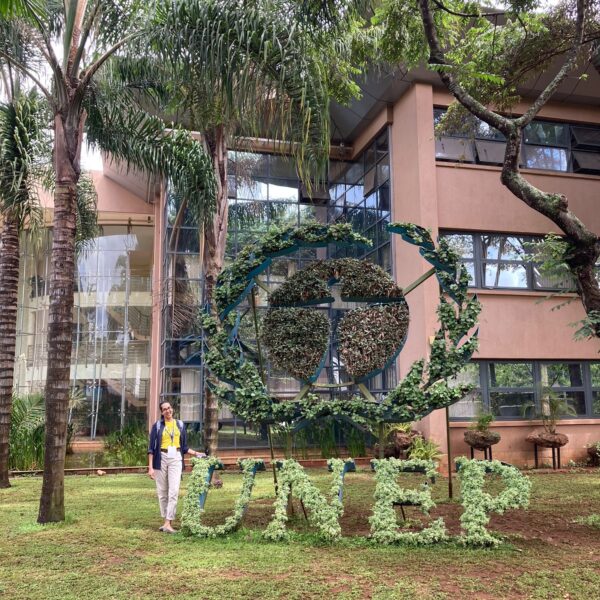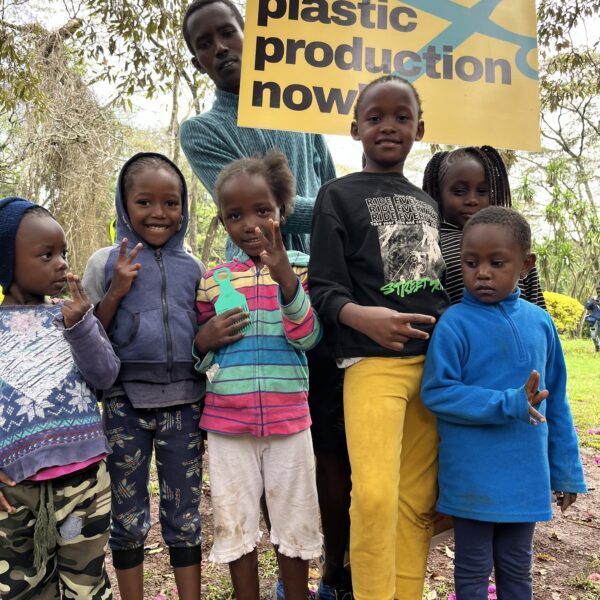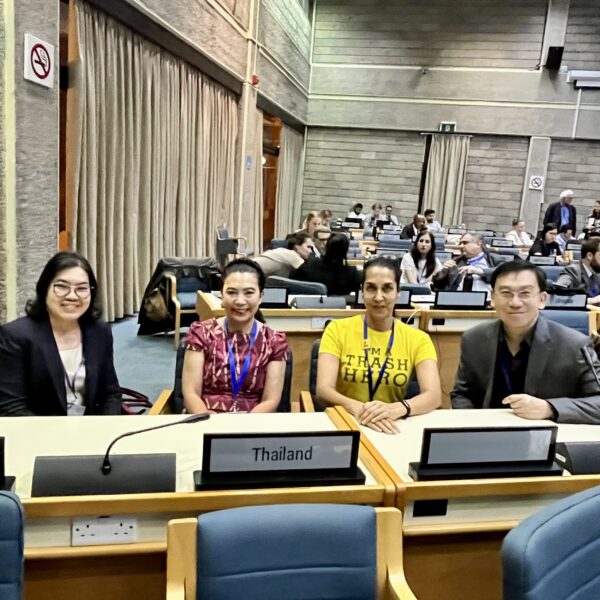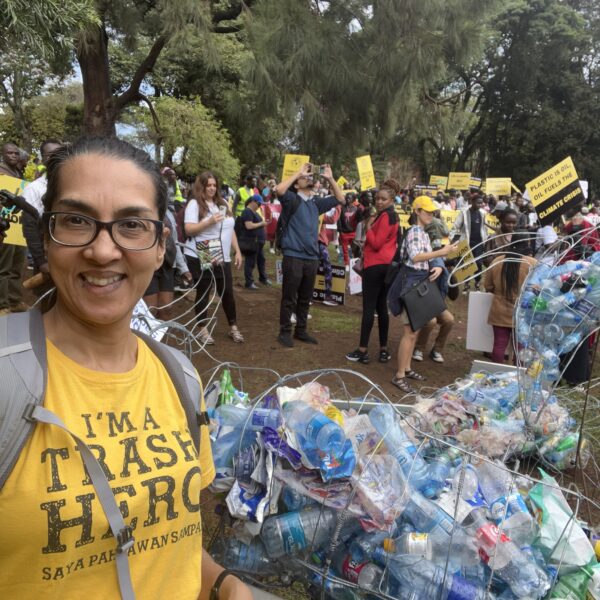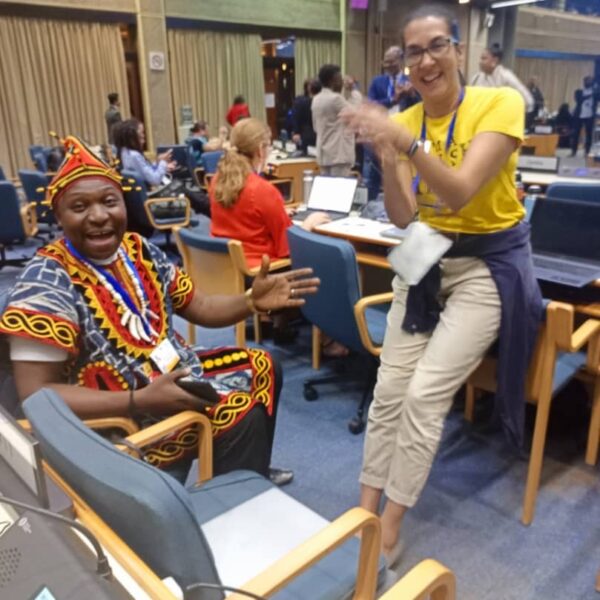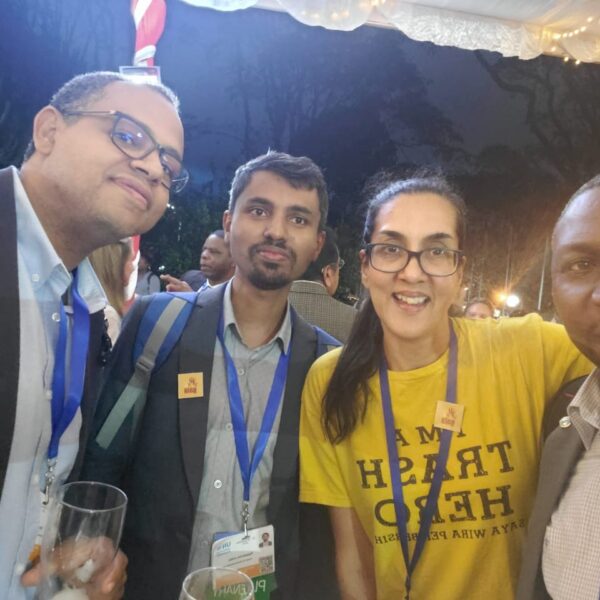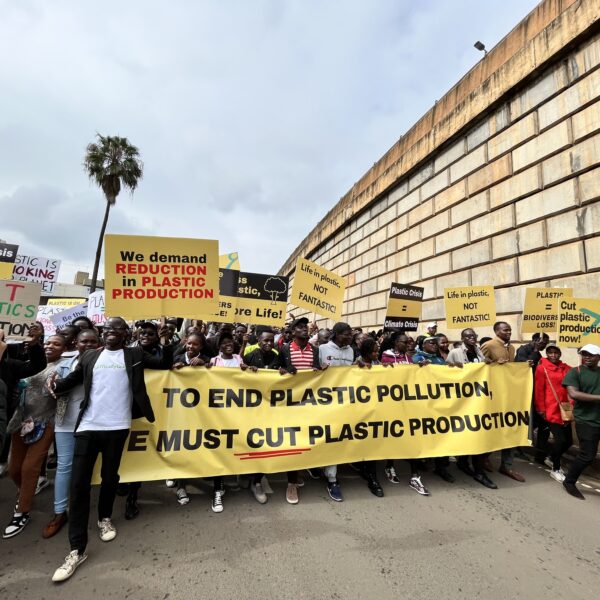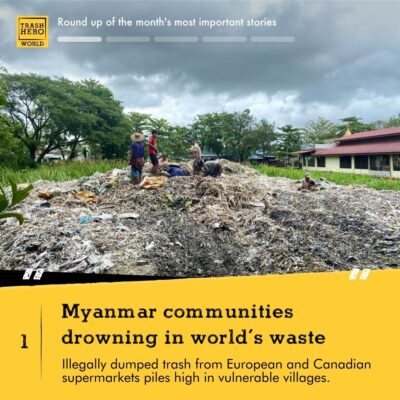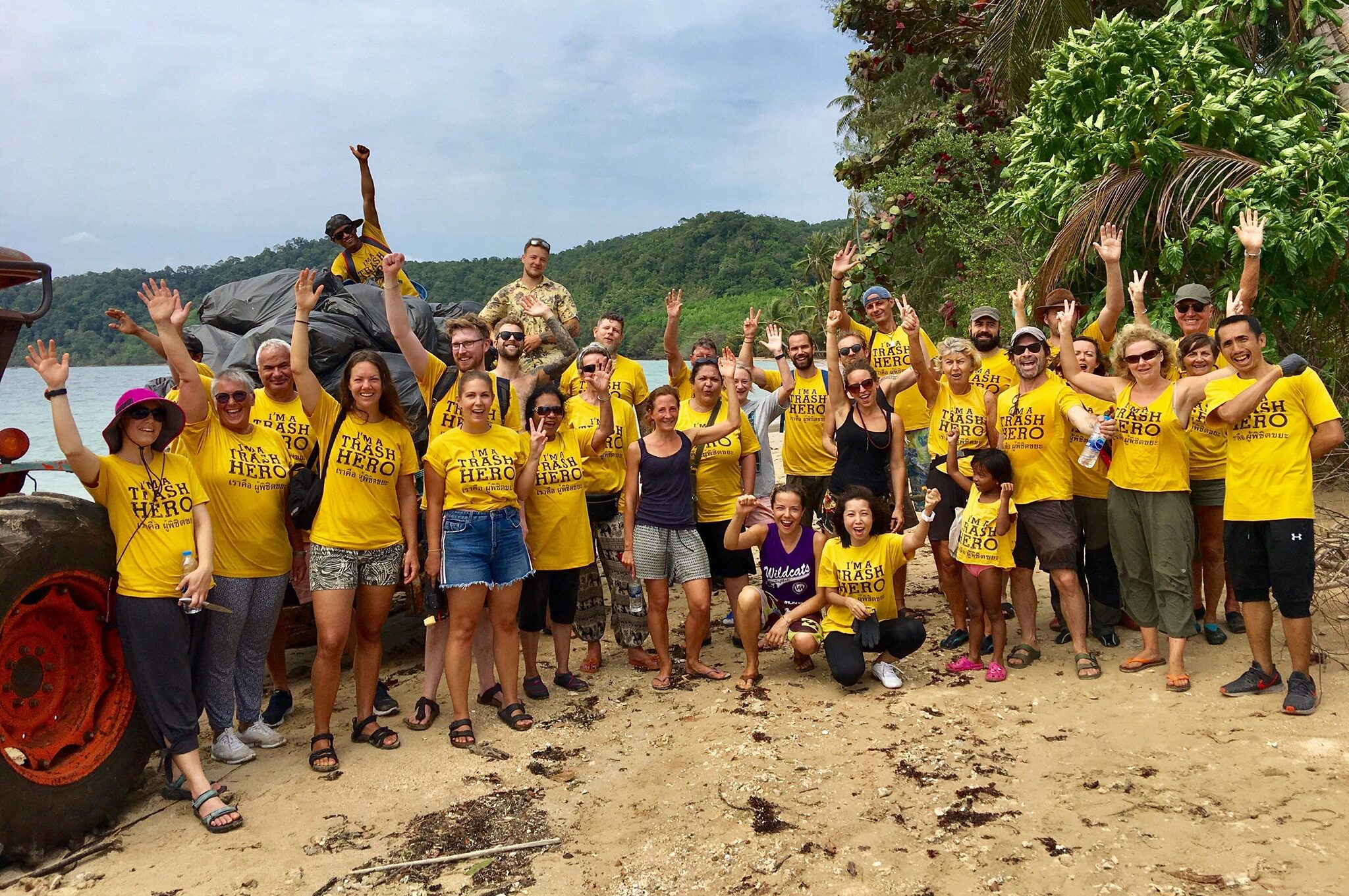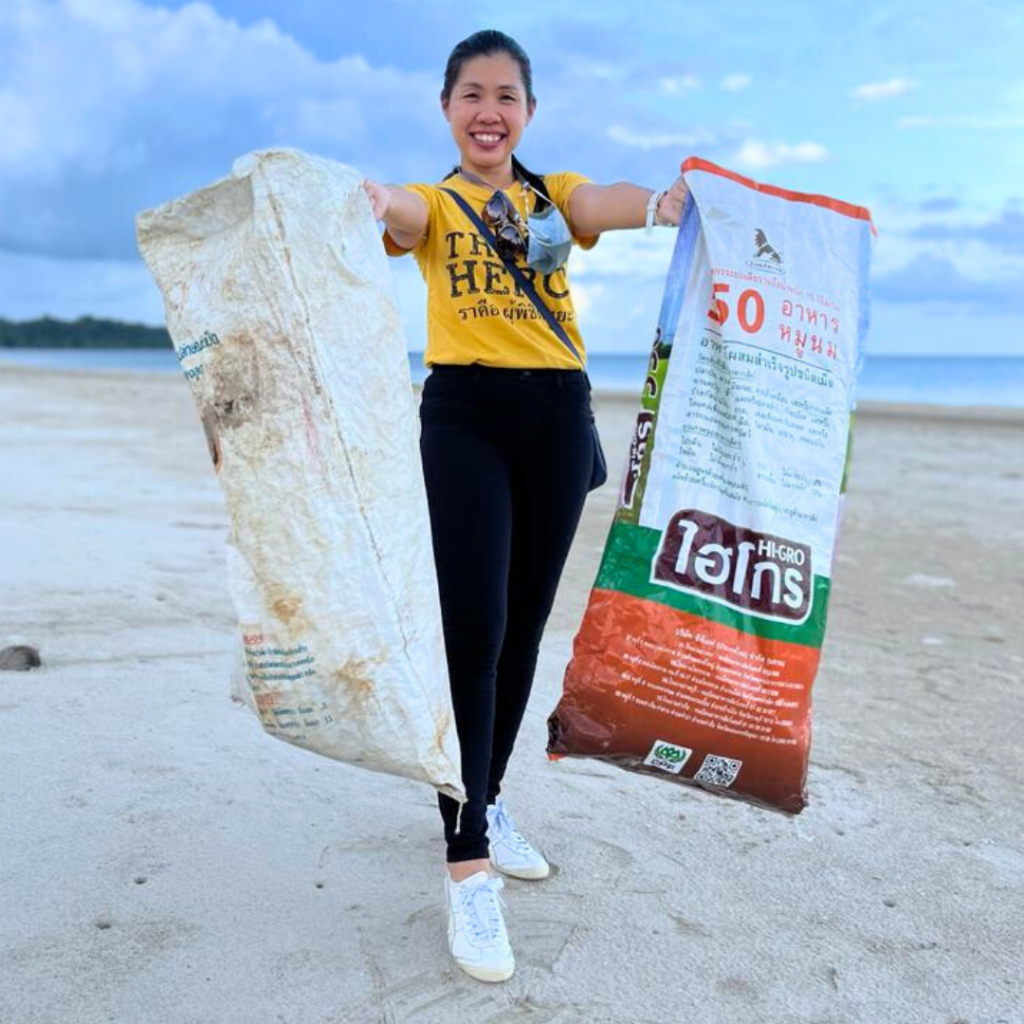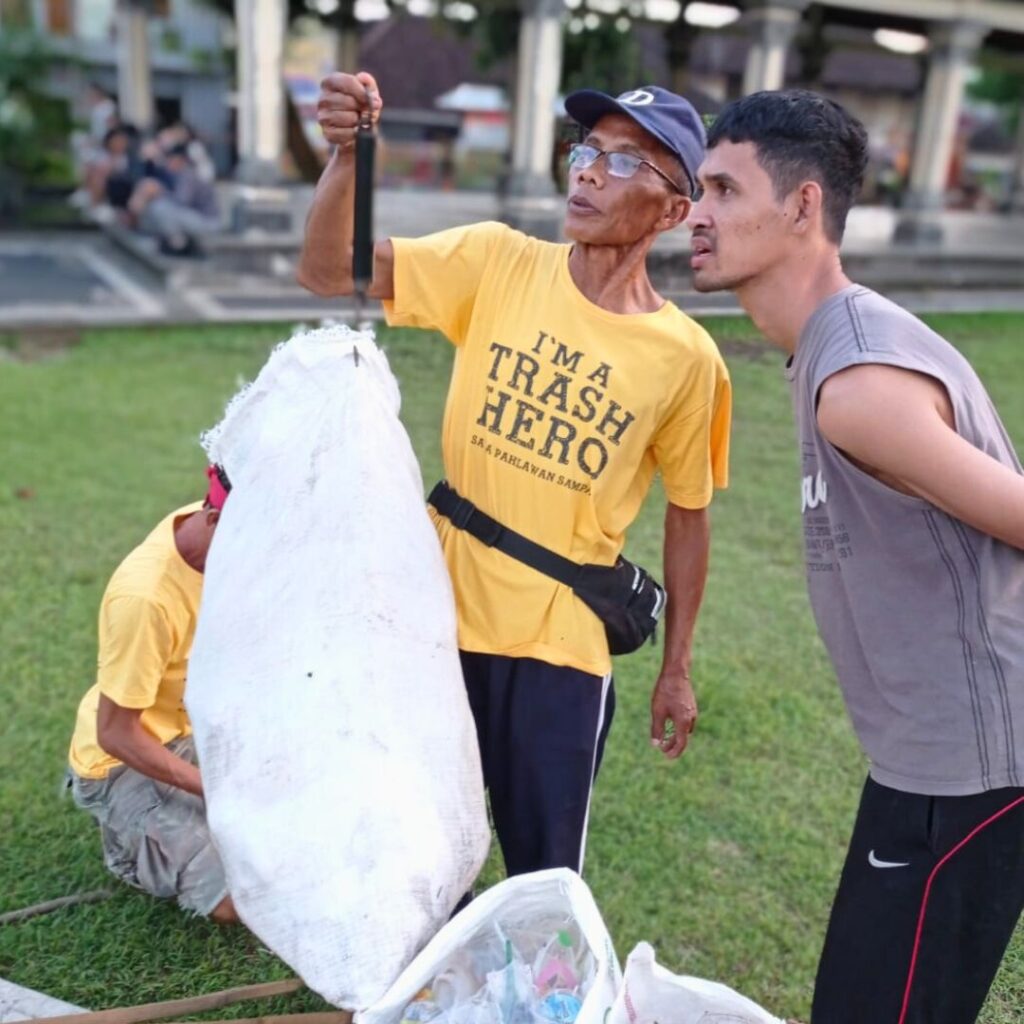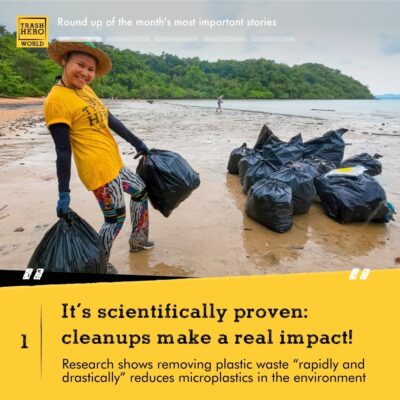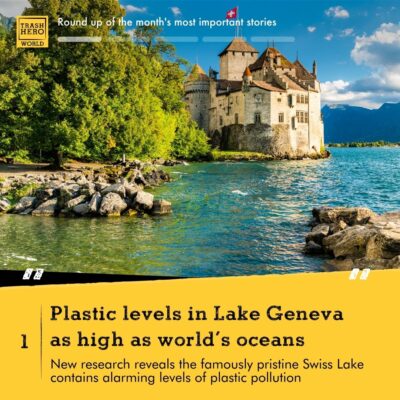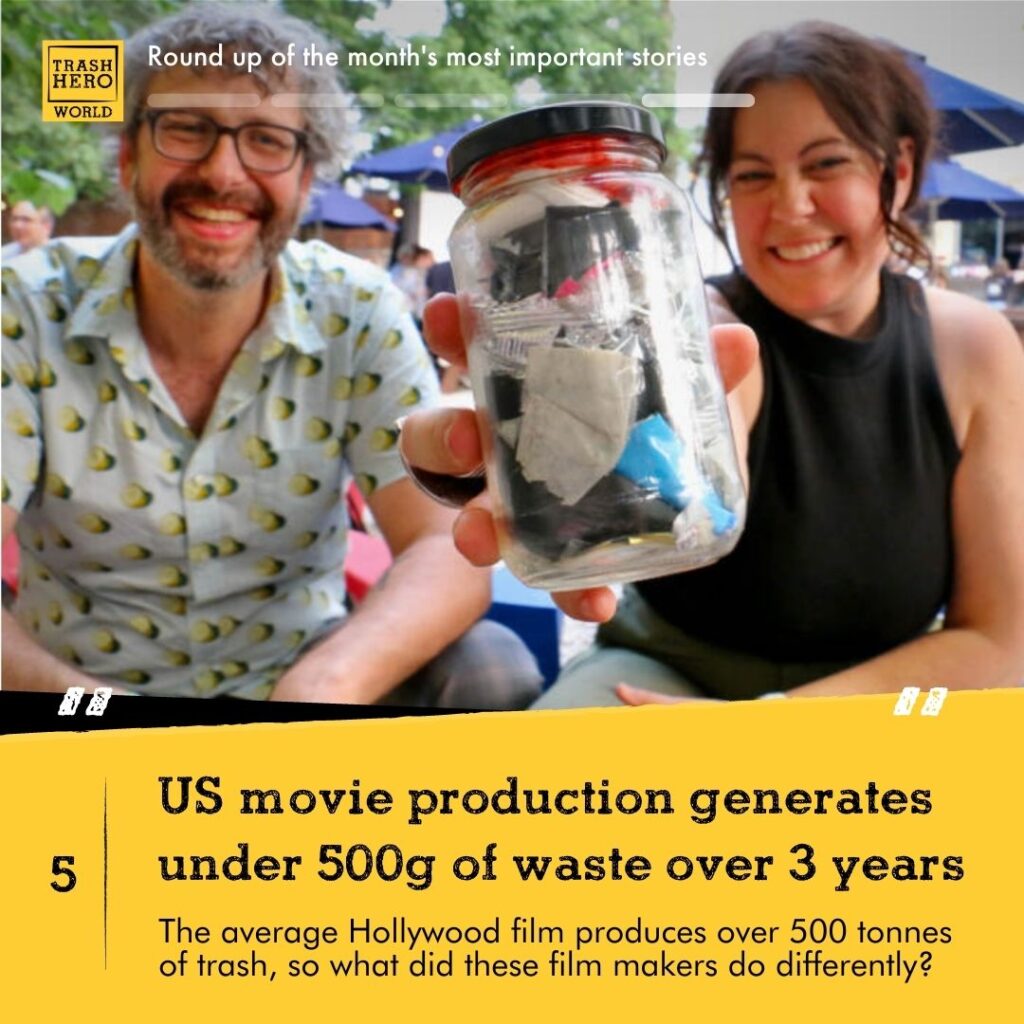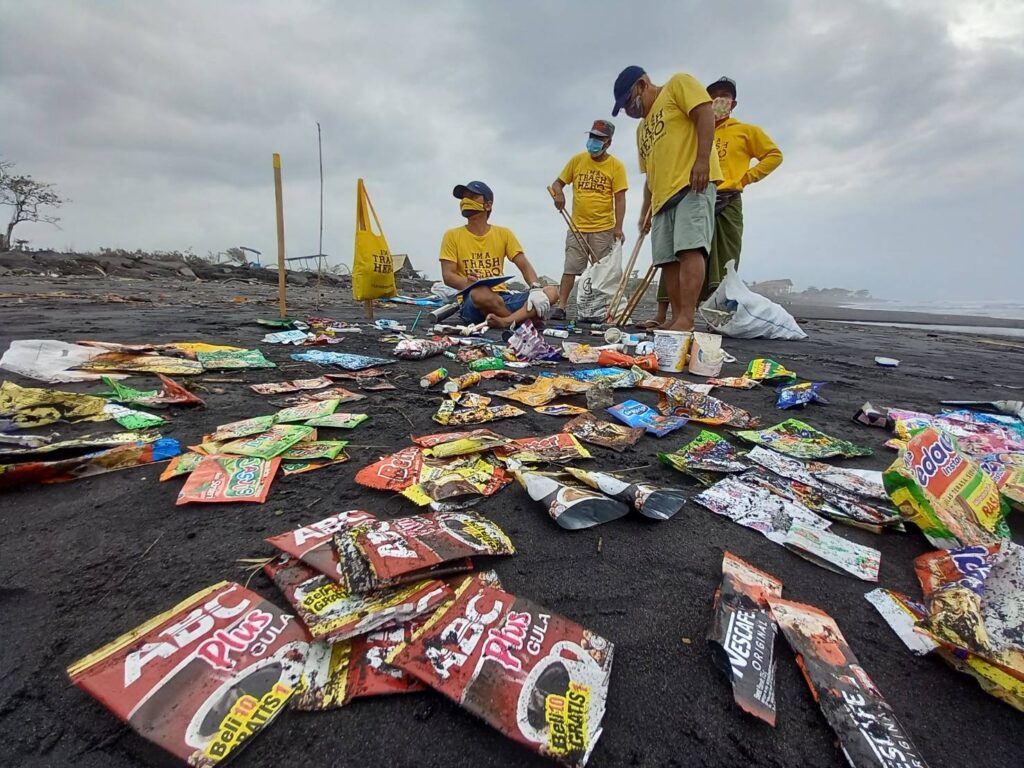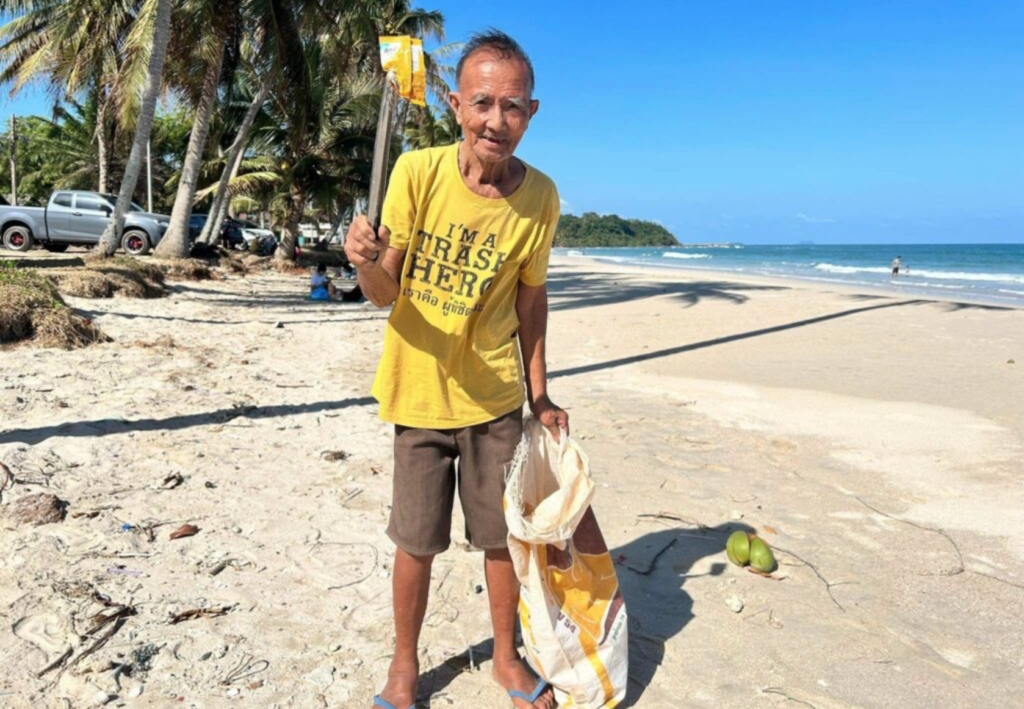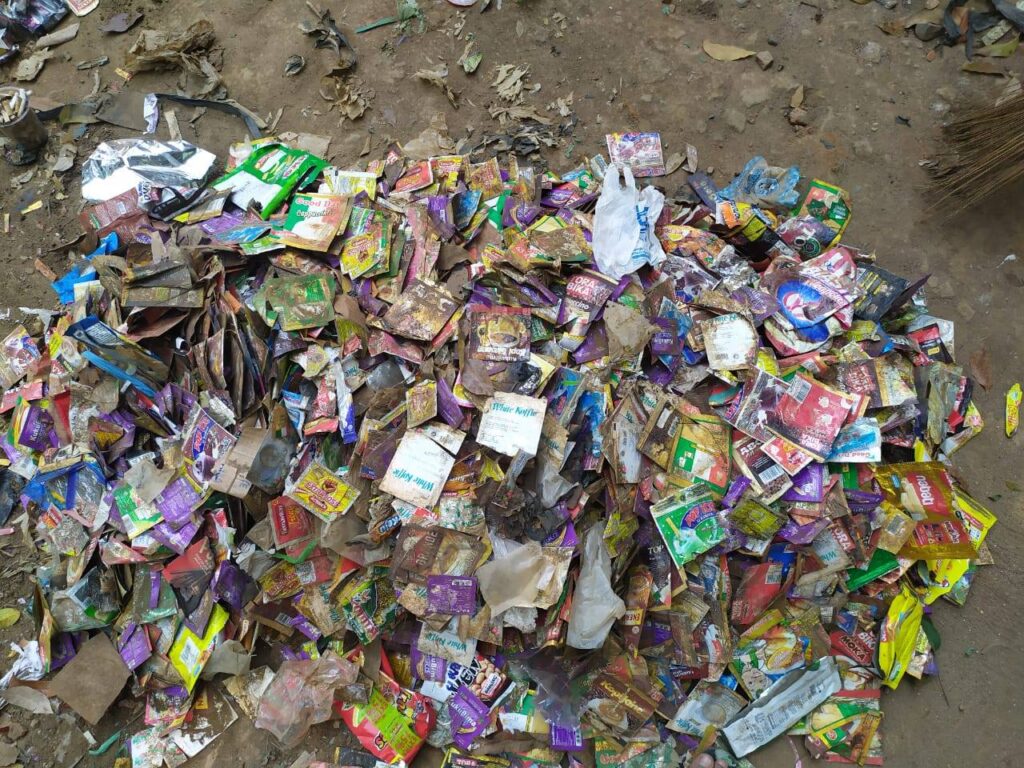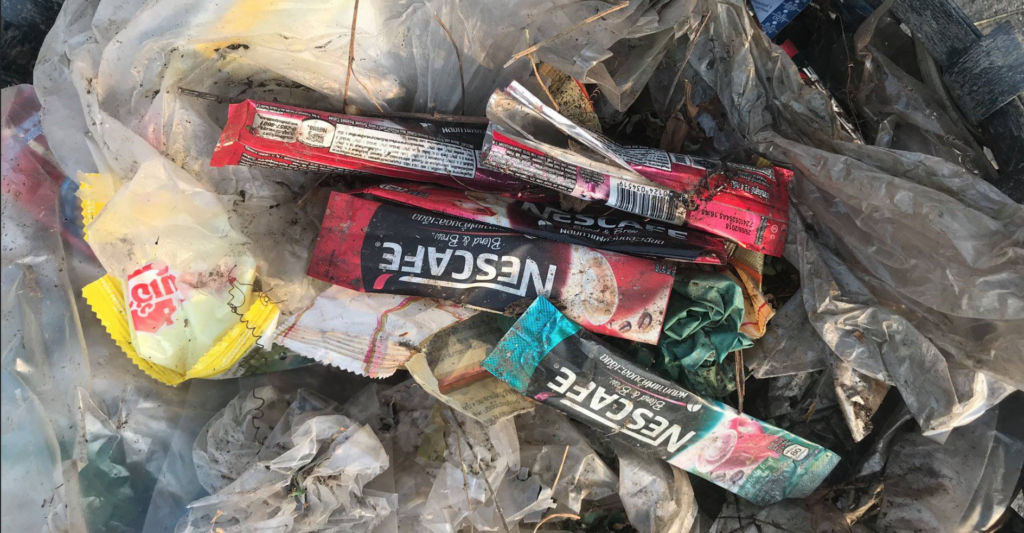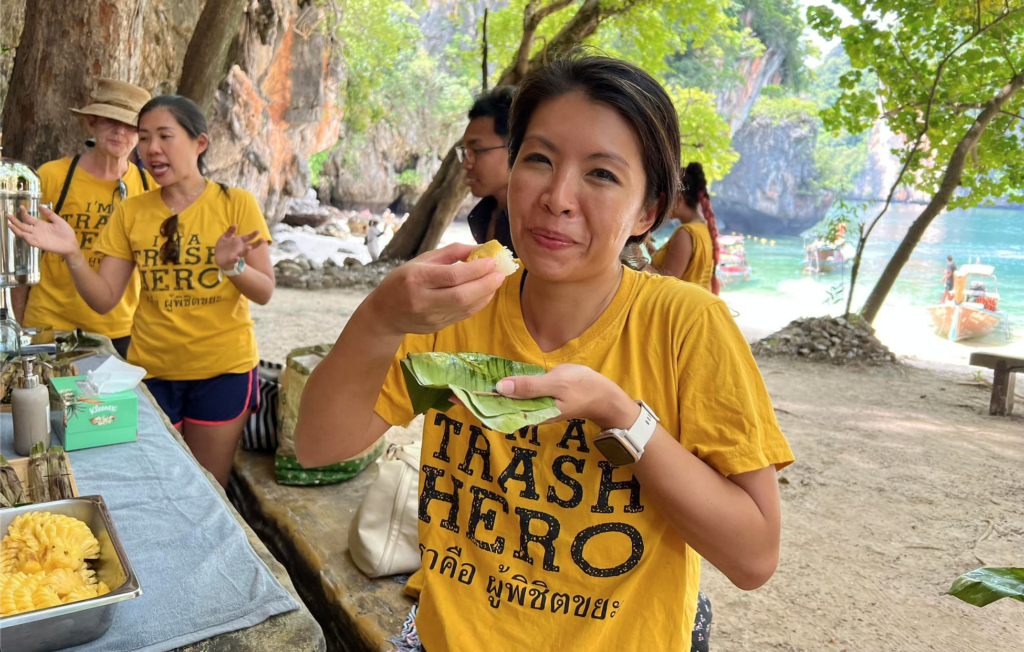The third of five rounds of negotiations for the Global Plastics Treaty in Nairobi ended in confusion and uncertainty last week. Trash Hero was there and reports on the key takeaways from the meeting.
K E Y O U T C O M E S
– The draft text of the treaty was made more complicated, not simplified
– No working groups will be set up to look at terms and definitions before the next meeting
– Oil-producing countries again attempted to delay and derail proceedings
– Importantly, they did not succeed in any meaningful way
– Wastepickers and indigenous groups achieved greater recognition for their roles
It was again a huge honour to represent our volunteers from 11 – 19 Nov 2023 at the UNEP headquarters in Nairobi and take my place alongside committed and knowledgeable colleagues in the Break Free From Plastic, GAIA and IPEN networks. (To understand why Trash Hero was there and what the talks were about, see Background, below).
The nine-day proceedings were intense, starting early morning and often finishing late at night. Discussions (in so-called “Contact Groups”) on different parts of the treaty text happened simultaneously in different parts of the building, which made them challenging to follow. At times progress was frustratingly slow and, despite many countries taking strong positions, it was not enough to overcome the blocking tactics of more powerful nations, with vested interests in continued plastic production.
Trash Hero met with many delegates, including those from Switzerland and Thailand, both of whom deserve mention for their strong stances on identifying the toxic chemicals in plastic. A joint proposal to advance work on chemicals and polymers of concern before INC-4 received support from 130 countries present, even though it ultimately failed to pass.
Access remained an issue at the daily Asia-Pacific regional meetings, which barred observers from attending – in contrast with the meetings of other regional groups, which are open to all participants. The Asia-Pacific region stretches from the Gulf States in the west to the Small Island Developing States in the Pacific Ocean and some members do not see the need for transparency and civil society participation.
During breaks in the official meetings, there were many side events, where we heard from experts on topics such as plastic and health and reuse systems, as well as from waste pickers and indigenous leaders, who shared their perspectives on a just transition.
INC-3 MEETING SUMMARY
Prior to the meeting, the INC Secretariat had prepared two documents, intended to form the basis of discussions:
- The “Zero Draft” text, based on the outcomes of INC-2. This provided a clear structure for the treaty. Each part proposed a broad yet concise set of options, ranging from strict, globally-enforced rules to voluntary commitments, dependent on each country’s particular circumstances.
- A “Synthesis Report“, an additional document containing recommended text for definitions, scope, principles and other items submitted by member states that had not yet been discussed by the INC.
The expectation before INC-3, based on the usual negotiating process for these kinds of agreements, was that member states would do two readings of these documents, discussing and expressing preferences for the different options. The goal was to move forward with a mandate to create a streamlined First Draft, reflecting the common ground and supporting detailed text negotiation at INC-4.
The second expectation was that member states would agree to carry out intersessional work – meetings in between the official rounds of negotiation – to discuss (among others) how they would define specific terms, establish targets, categorise chemicals and propose means of financing that could be used later in the negotiations, without prejudging the final outcome. This work is essential for member states to understand what is meant when the treaty refers, for example, to “chemicals of concern” or “safe, environmentally sound disposal”. It also brings independent science and expertise into the process, which has thus far been lacking.
However instead of a mandate for a first draft and intersessional work, what we actually got in Nairobi was quite different.
Should there be any doubt remaining about the intentions of oil-producing countries after the derailment of INC-2, INC-3 proved that this same minority continue to negotiate in bad faith. Branding themselves as the “like-minded group” of countries, they started by calling into question the “balance” of the Zero Draft and the Synthesis Report, then insisted that the existing text be expanded to take into account all views in the room. This was necessary, they said, in order to establish trust moving forward.
It resulted in chaos. Hundreds of amendments to the text were submitted within a matter of hours. The vast majority of these were designed to weaken the provisions or, in some cases, delete them entirely. The Secretariat scrambled to accommodate all the changes over the remaining days. Precious time was spent simply trying to establish whether the inputs had been recorded correctly.
What we are now left with is a bloated, 100+ page document (compared with the 30 pages of the original Zero Draft), with each of the original clauses expanded to include several, often confusing and contradictory options. This is not allowed to be streamlined or summarised, only edited for typos. It will be published by the Secretariat as a “Revised Zero Draft” by 31 December 2023. The only positive from the expansion is that support for waste pickers is now more clearly recognised and included throughout the text.
Meanwhile, similar stalling tactics meant there will be no intersessional work before INC-4. The topics for discussion and the format could not be agreed. The same minority of countries wanted to leave key issues like polymers, chemicals and EPR (extended producer responsibility) off the table and focus solely on waste management and finance. This will delay progress at INC-4 as no groundwork on terms and definitions will have been done.
The final outcome of the meeting was that a new Chair of the INC Secretariat was elected. Luis Vayas Valdivieso of Ecuador will replace outgoing Chair, Gustavo Meza-Cuadra of Peru, and preside over INC-4, 5 and beyond.
Analysis by CIEL identified at least 143 participants at the talks as members of the fossil fuel and petrochemical industries, outnumbering the representatives of the 70 smallest country delegations. Six member states, including Malaysia, hosted industry lobbyists as part of their official delegations.
Oil producing countries’ delegations in general tended to be far larger than those of the self-styled “downstream” countries, who suffer most from plastic pollution. This gave them an unfair advantage when it came to following the simultaneous discussions, speaking at the various Contact Groups, drafting submissions at speed and accessing technical and tactical assistance.
WHAT HAPPENS NOW?
On the surface, it may seem like the plastics treaty is going in the same direction as the climate change convention (UNFCCC), which is struggling to make a meaningful impact almost thirty years after its adoption.
We are seeing the same dominance of fossil fuel interests; the failure of the countries responsible for the crisis to take the lead in solving it; and the familiar move towards “pledges” based on “national circumstances” instead of a commitment to the globally binding measures needed to tackle the problem at the source.
But one critical difference with the plastics treaty is that we still have the means and the will to change this pattern. The member states taking part have yet to make any conclusive decisions. Although the outcomes of INC-3 mean the final treaty is likely to be significantly delayed, it is important to remember that as yet no real concessions have been made. The original text of the Zero Draft may be buried under new suggestions, but it is still in play. Countries chose to delay intersessional work, rather than settle for partial or watered down discussions. Many observers see this as a win: no progress is better than a compromise.
And unlike UNFCCC, the INC still has the possibility to make decisions by majority voting, not consensus (unanimous agreement). Consensus decision-making is widely seen as the fatal flaw of UNFCCC, as a single country with vested interests is able to veto any proposal. If the new Chair of the INC is able to take control of the proceedings and implement a strong conflict of interest policy – similar to that which the World Health Organisation used during the Framework Convention on Tobacco Control – as well as support smaller countries to take a more active role, there is hope.
Ambition in many corners of the room – from Africa, Latin America, and small island states among others – is still high. If these member states succeed in creating a strong treaty that truly covers the whole life cycle of plastic, it will have huge implications, not only for our health and biodiversity but also for the climate and the UNFCCC. It will prove that caps on fossil fuel production are possible and that Big Oil can be defeated. Perhaps INC-4 in Ottawa will be the turning point that is so badly needed.
BACKGROUND
What is the Global Plastics Treaty?
In February 2022, the United Nations Environment Assembly made a historic resolution (UNEA 5/14) to develop “an international legally binding instrument on plastic pollution, including in the marine environment” – the Global Plastics Treaty – and gave member states just five meetings in two short years to agree on the text.
With the scope of the treaty covering the whole life cycle of plastic, there is a lot of ground to cover: the ever-mounting evidence about the toxicity of plastic, from extraction to disposal; its significant role in planetary warming; its destruction of ecosystems and biodiversity; the impossibility of plastic circularity; and the disproportionate impacts of all of these issues on the Global South and vulnerable communities.
Member states must also agree on the implementation of any agreed measures – whether they will be voluntary or binding, how they will achieve compliance and how they will be financed.
Why is Trash Hero involved?
In 2022, Trash Hero World received UNEP accreditation, recognising the work of our volunteers on plastic pollution worldwide, and allowing us to join the talks as civil society observers. This means we can take part in the negotiation process, contributing both formally through written submissions and statements and informally through discussions with official government delegates. Like all observers, who represent UNEP’s “major groups” of stakeholders – farmers, local authorities, women, children and youth, scientists, workers and businesses – we are not able to vote or make any decisions.
What is INC-3?
INC stands for Intergovernmental Negotiating Committee, the group of around 175 UN member states who will decide on the form and content of the treaty, facilitated by a Bureau and Secretariat made up of UNEP staff and representatives of member states, who act in a neutral capacity.
The whole process is funded by member states, primarily from the Global North.
INC-3 is the third round of meetings of the INC, and the longest to date. It officially took place from 11 – 19 November 2023 (including two days of preparatory meetings) in the UN compound in Nairobi, Kenya. More than 1900 people were in attendance representing 161 countries and 318 observer organisations. The final two planned meetings of INC take place in Ottawa, Canada in April 2024 and in Seoul, S. Korea, in November 2024.







